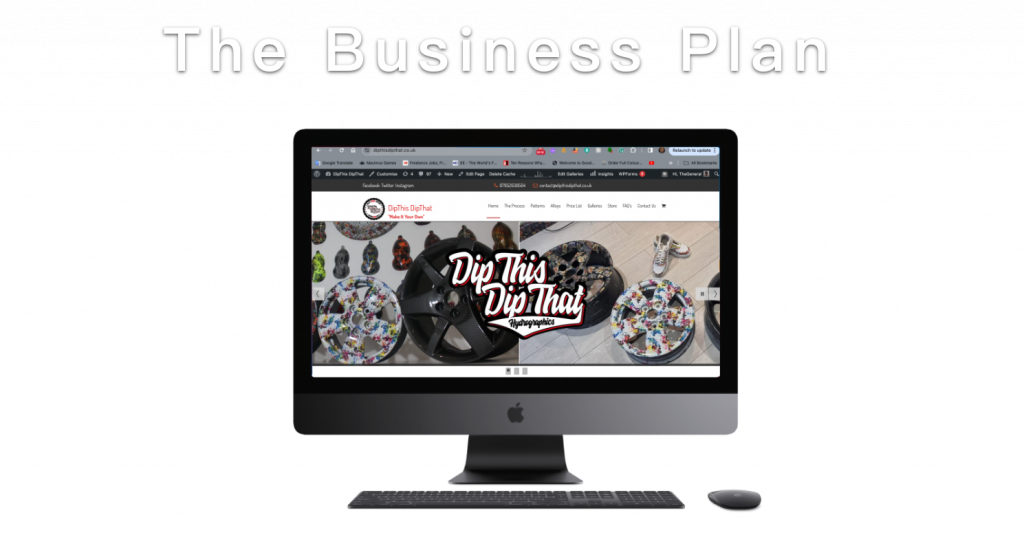
Ideal for creating blogging websites, portfolio, gallery, promotional, or showcase websites.
- Six months free hosting with Genius Hosting (
£8.99 per month thereafter)
- 1 WordPress website
- 2GB Ram
- Unlimited Bandwidth
- Full Administration
- 2 x eMail addresses
- 1 x domain name
- £120 Set up fee
- Extra Contact forms
- Gallery Background
- Video Background
- Business Numbers
- 5 x email addresses
- WooCommerce
- Booking Forms
If you’re interested in purchasing WordPress Basic Click Here!
What role does your Website play in your business plan? This site is tailored to your brand, and business plan.
- WordPress Basic and Includes A
- Layout & Design
- Frontpage Design
- CMS tutorial
- £199.99 set up fee
- £8.33 p/m Hosting
- Bookingform Websites
- eCommerce Websites
If you’re interested in purchasing WordPress Advanced Click Here!
If appointments are an intrical part of your business model, then our booking forms could be just what you need.
Give your clients the ability to pre-book and pre-pay for appointments.
Booked time slots become unavailable.
Booking form syncs with mobile device calendar
Booking form can be updated via mobile devices
Takes payments via all Stripe payment gateway, Visa, Visa Debit, PayPal and Mastercard
Ideal for a hair salon (or similar businesses) with a number of staff.
Up to 25 individual accounts
Staff can shared or have individual Calendars
Clients can book individual staff
Takes online bookings and payments
Can cater to 500 rooms
Booked rooms become unavailable for booked duration.
Guest can choose options such as breakfast, massage etc.
Takes online bookings and payments
Caters to over 40 tables.
Assign each table its ID and let the booking form do the rest, with a comprehensive web design it is possible for a dinner to pre book their table, and pre order from the online menu.
Takes online bookings and payments
If you are interested in purchasing a booking form for your website Click here to learn more
For online buying and selling two of the most trusted, tested and proven platforms are WooCommerce and Shopify.
We offer 2 eCommerce packages. One for Shopify users, the other is built with WooCommerce and WordPress.
- WordPress Advanced
- WooCommerce set up
- Store templates
- Storefront Design
- Product Page design
- Basket & Checkout design
- Payment gateway test
- Cyber security and Firewall installation
- Beta-test site
- From £415.00 setup
- £8.99 p/m Hosting
- Branding Services Available
- Marketing services Available
- Store templates
- Storefront Design
- Product Page design
- Branding Services Available
- Marketing services Available
If you are interested in setting up an eCommerce Website Click Here for more information